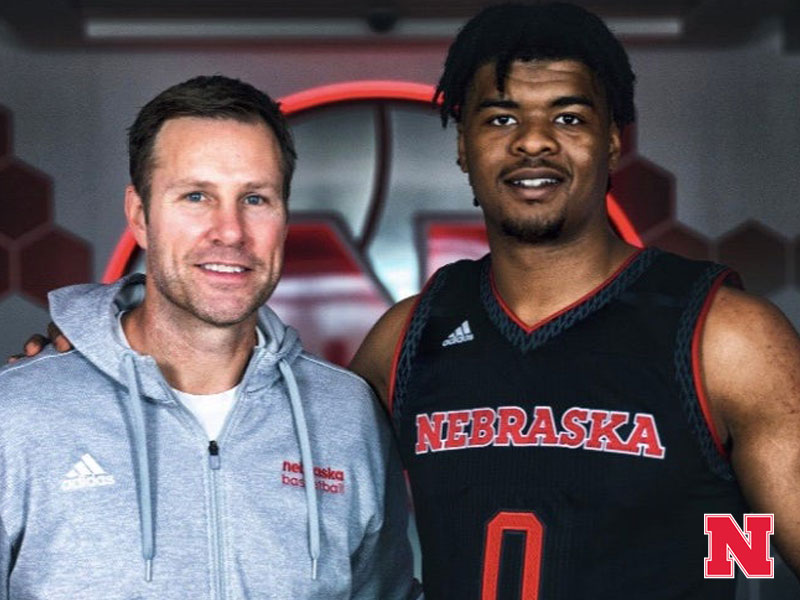Most Common Health Issues In Sports
Do you know what are the most common health issues in sports? Most of the time, when we watch TV or go to a varsity sport, we don’t even think of the pressure that the athlete’s bodies are under; all the training, the injuries, and the problems that constant practice and games can cause.
Life on the collegiate sports field is a test of strength, passion, and endurance. But, as much as it is an arena of glory, it can also be a stage for various health issues and accidents.
Today, we’re delving into the most common health concerns faced by athletes and, hopefully, shining a light on what athletes can do to prevent these injuries or conditions from affecting their health.
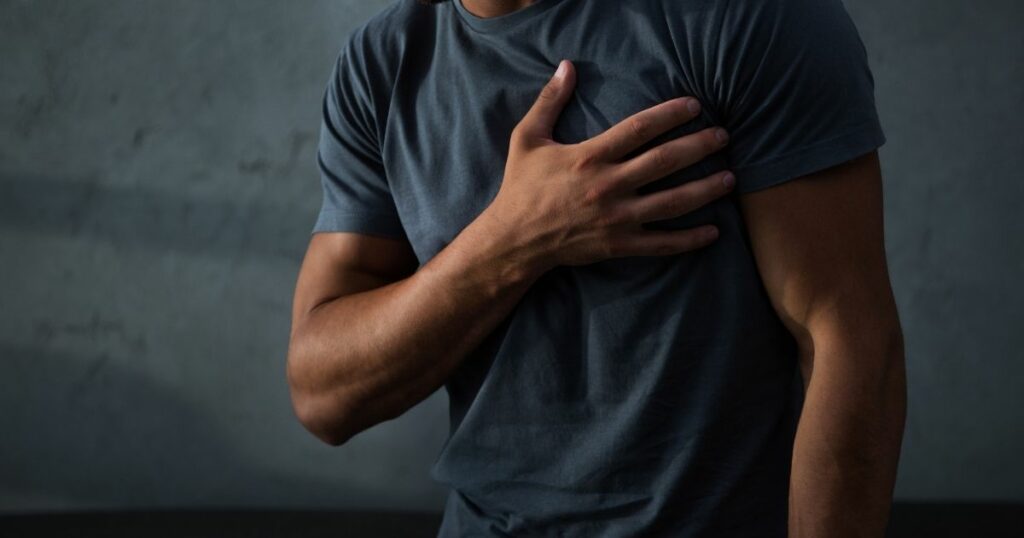
Most Common Health Issues and Injuries in Nebraska Sports
Nebraska, a heartland where passion for varsity sports runs deep, boasts an array of remarkable teams and a tightly-knit community of fans and athletes.
College Football, Basketball, Volleyball, Baseball, and Hockey are amongst the most played sports in the state; these games gather the community together every week to see them play.
Nebraska is also home to amazing and professional teams like the Nebraska Cornhuskers, the Creighton Bluejays, the Omaha Storm Chasers, the Mavericks, and much more, making it a diverse ground for a lot of sports and physical activities.
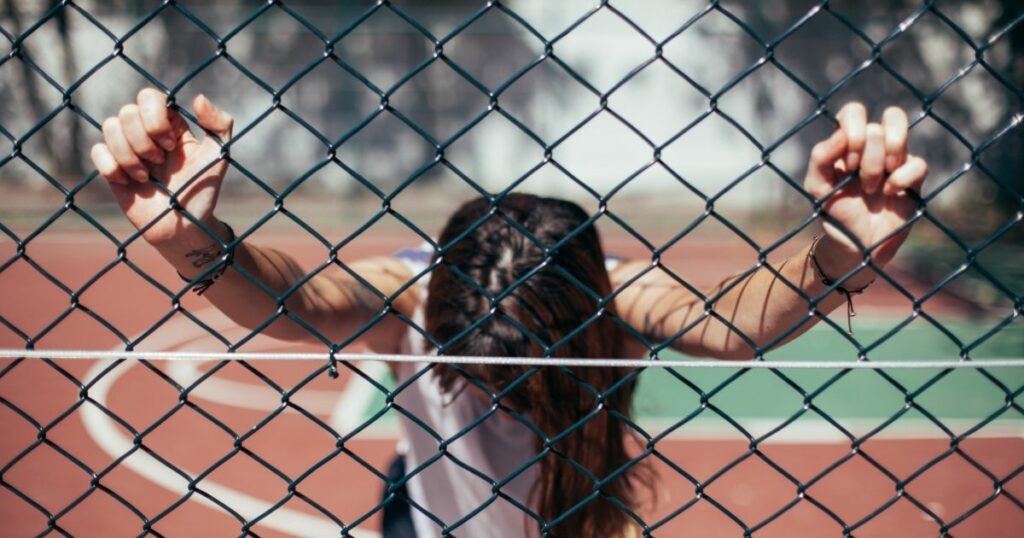
Physical Health Issues In Sports
However, the wide array of physical activities comes with its share of challenges. In this vibrant sports tapestry, injuries and health issues are inevitable. Here are some of the most common ones
Sprains and Strains
These injuries involve a partial or complete tear of a ligament (sprain) or muscle (strain). They’re particularly prevalent in contact sports like football and wrestling.
Contusions
These occur when a direct blow or repeated blows from a blunt object strike part of the body, crushing underlying muscle fibers and connective tissue without breaking the skin.
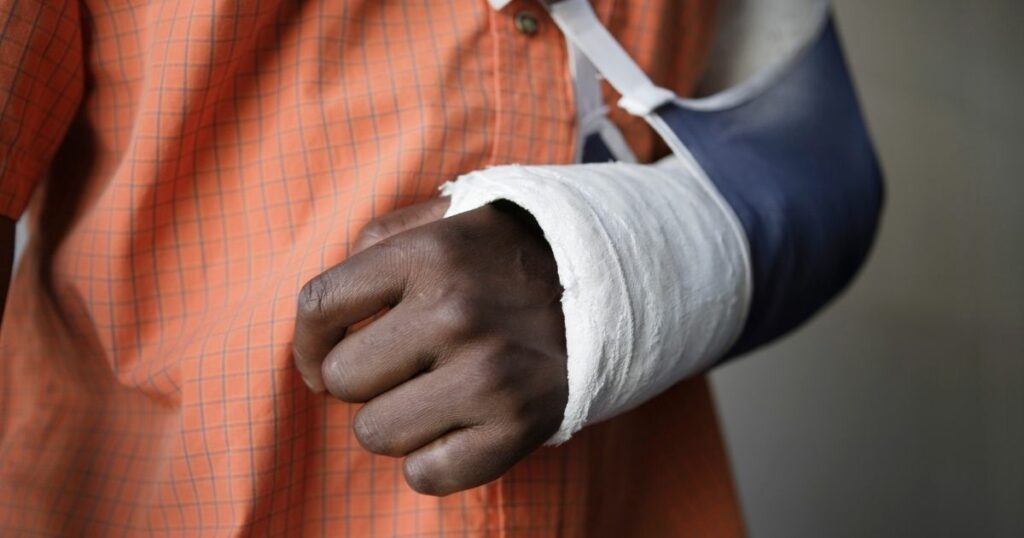
Hamstring Pulls:
Early in the season, especially among high school athletes, hamstring strains are frequent. They result from overstretching or tearing of one or more of the hamstring muscles.
Overuse Injuries
Stress fractures are a common form of overuse injury, particularly in sports like volleyball and basketball. They can affect various parts of the body, including the femoral neck/pubis and femoral shaft.
Concussions
Particularly common in football, these traumatic brain injuries occur from a blow to the head or a violent shaking of the head and body.
Fractures
These involve a break in a bone and can range from small cracks to complete breaks. They’re often caused by high-impact collisions or falls.
Head and Neck Injuries
These can range from mild strains to serious trauma. They’re especially prevalent in contact sports like football.
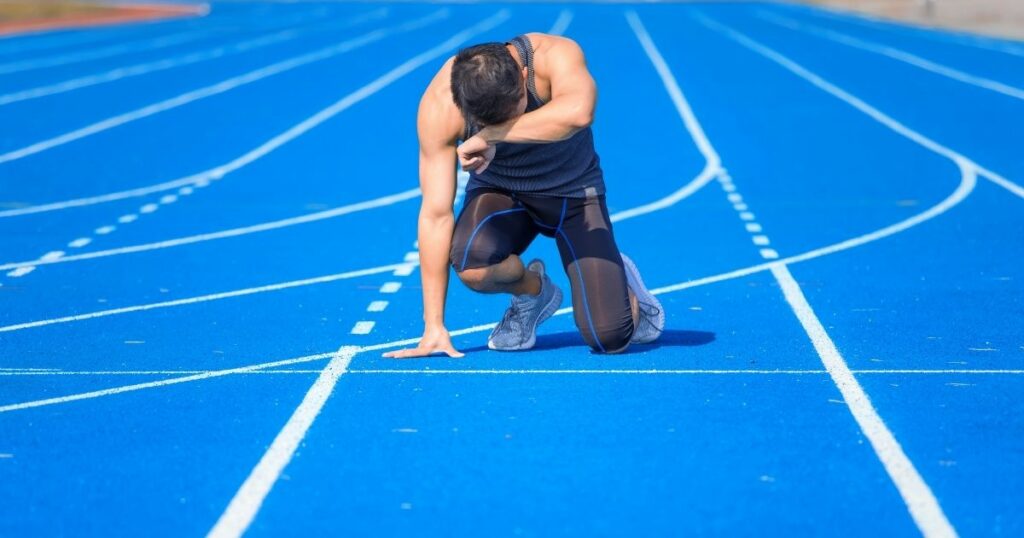
Mental Health Issues In Sports
Varsity sports, while being a platform for athleticism and camaraderie, can also be challenging for athletes’ mental health. Here, we’ll delve into the most common mental health issues these athletes face
Anxiety Disorders:
These are among the most common psychiatric problems in varsity athletes1. Anxiety disorders can manifest as excessive worry, panic attacks, or specific phobias, often exacerbated by the high-stress environment of competitive sports.
Mood Disorders
This category includes conditions like depression and bipolar disorder. The pressure to perform, fear of failure, and dealing with injuries can contribute to mood disorders in athletes.
Stress-Related Issues
The demands of elite sports, coupled with academic responsibilities, can lead to significant stress. This can manifest as difficulty sleeping, irritability, and even physical symptoms like headaches or stomach discomfort.
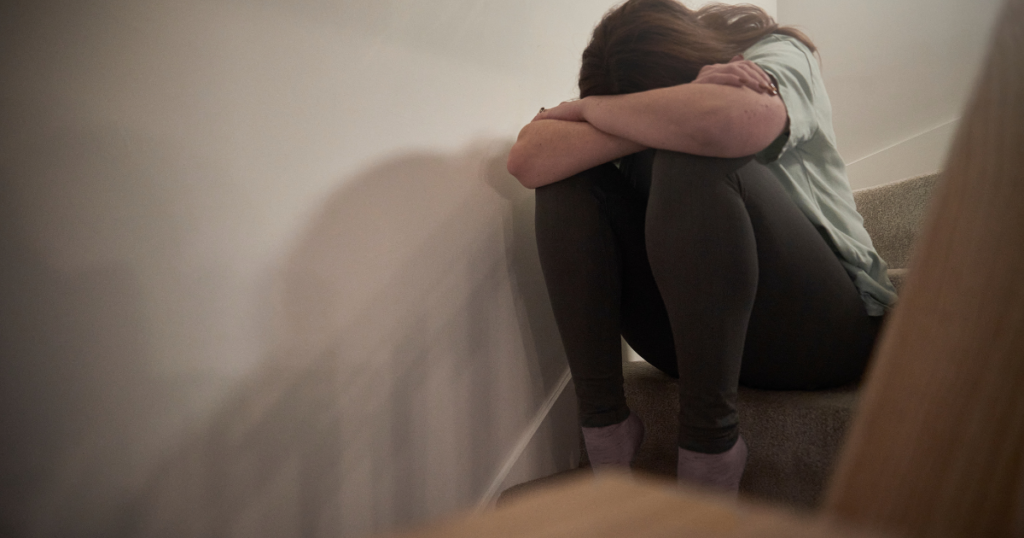
Depression
Depression is a serious concern among student-athletes. The constant pressure to excel, fear of injury, and balancing academic work with athletics can be overwhelming, leading to feelings of sadness, loss of interest in activities, and fatigue.
Treatment for Health Issues In Sports
Navigating the field of sports injuries can be a daunting task, especially for young varsity athletes. Knowing when to treat an injury at home, when to seek professional help, and where to go can make a significant difference in recovery times and future health.
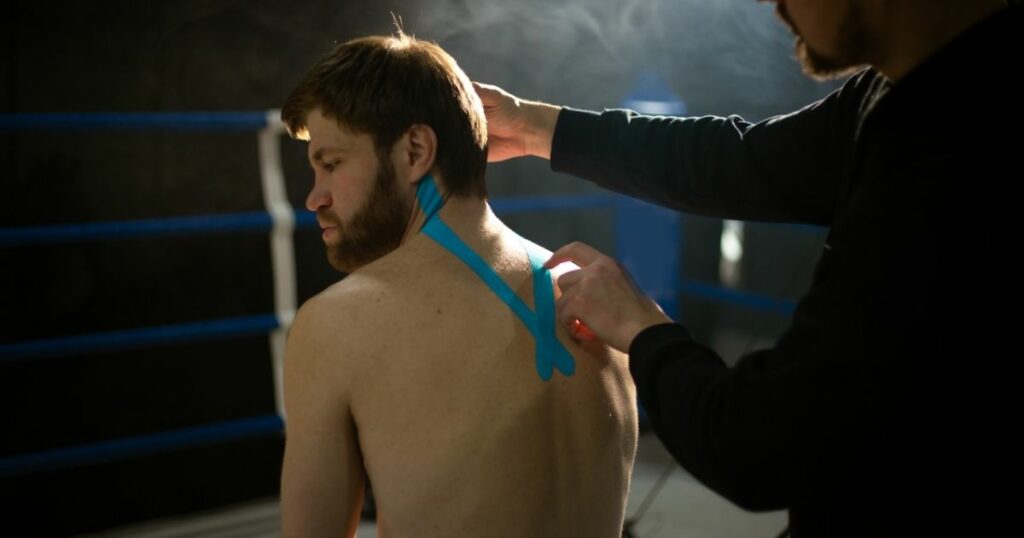
Physical Injuries: When and Where to Seek Help
Many minor injuries, such as sprains or strains, can be treated at home using the R.I.C.E method: Rest, Ice, Compression, and Elevation.
Over-the-counter anti-inflammatory medications can also aid in reducing pain and inflammation. However, we recommend checking with a health professional beforehand.
If the injury is severe, doesn’t improve with home treatment, or if symptoms worsen, it’s essential to seek professional help. Sports medicine clinics and hospital emergency departments are equipped to handle acute sports injuries.
Rehabilitation
Rehabilitation is a fundamental component of the treatment process for numerous sports injuries. It’s far more than a quick fix; it’s a holistic approach that seeks to restore not only the physical but also the psychological well-being of the athlete.
Physical therapy often includes conditioning exercises aimed at stretching and strengthening the injured area.
These exercises are tailored to the athlete’s specific needs, helping them regain their original athletic abilities. It’s not just about healing the present injury but also about retraining the body to move correctly, thereby minimizing the risk of future injuries.
In addition to physical therapy, the rehabilitation process may involve specialized techniques like massage, taping, and electronic nerve stimulation to alleviate pain and facilitate healing.
These interventions, when combined with traditional therapy methods, can significantly enhance the rehabilitation outcome.

Mental Health Treatment: Stress and Depression in Varsity Sports
Mental health is just as crucial as physical health in the realm of sports. Athletes are often under immense pressure to perform, which can lead to stress, anxiety, and even depression if not managed effectively.
Moreover, coping with injuries and the associated recovery periods can also take a toll on an athlete’s mental well-being.
The mental resilience developed through sports can help athletes overcome these challenges, but it’s essential to remember that they’re not immune to mental health issues.
It’s vital that we foster a supportive environment in sports where mental health is prioritized and athletes feel comfortable seeking help when needed.
When To Reach Out
If an athlete feels persistent sadness, loss of interest in activities they usually enjoy, changes in appetite or sleep patterns, or has thoughts of self-harm, it’s time to reach out to a professional.
School counselors, psychologists, and psychiatrists are trained to help manage these issues. Many colleges also offer mental health services specifically tailored to support student-athletes.
It’s important to remember that seeking help is not a sign of weakness; it’s a step towards resilience. As we cheer on our athletes, let’s ensure they have the information and support they need to stay healthy, both physically and mentally.
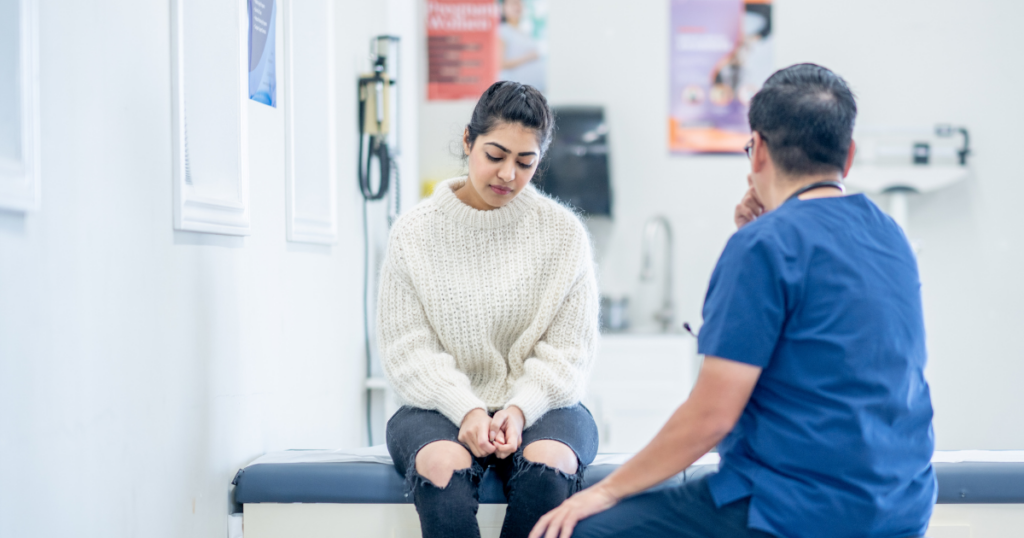
Nebraska Sports Health Facilities
Nebraska’s universities and colleges are proactive in taking care of their sports teams’ health.
Institutions such as the University of Nebraska Medical Center, University of Nebraska – Lincoln, and the University of Nebraska – Kearney, among others, have robust sports medicine programs and athletic departments dedicated to ensuring the well-being of their athletes.
As a society, we can contribute to the health of the sports community by advocating for increased funding and resources for sports health programs at all educational levels.
Additionally, promoting awareness about the physical and mental health challenges that athletes face can help break down stigmas and encourage athletes to seek the help they need.
The Nebraska Greats Foundation: A Beacon of Hope for Athletes in Need
In the heart of our community, the Nebraska Greats Foundation (NGF) stands as a beacon of hope for former collegiate athletes facing significant health challenges.
The NGF is more than just an organization—it’s a lifeline for those in need of comprehensive medical assistance and financial support.
At the NGF, we believe that every athlete deserves access to quality healthcare, regardless of their financial situation. That’s why they provide life-changing aid to former Nebraska colleges and university athletes who are struggling with the cost of medical treatments.
Mission
Our mission goes beyond mere financial support; we aim to improve the quality of life for these individuals, helping them regain their health and vitality.
The Nebraska Greats Foundation embodies the belief that everyone can make a difference in their community. In their dedication to aiding athletes in need, they inspire us all to do our part.
Whether it’s through donations, spreading awareness, or volunteering our time, each of us can contribute to our mission and help create a healthier, more supportive environment for our sports community.
If you know of an athlete friend or athlete family member who needs access to specific treatments and services, let us know to potentially alleviate some of the stress that comes from having a health condition.
With your help, we can make the Nebraska sports scene a safer place for our community athletes. Wondering how to help? Donate today or reach out to us.
